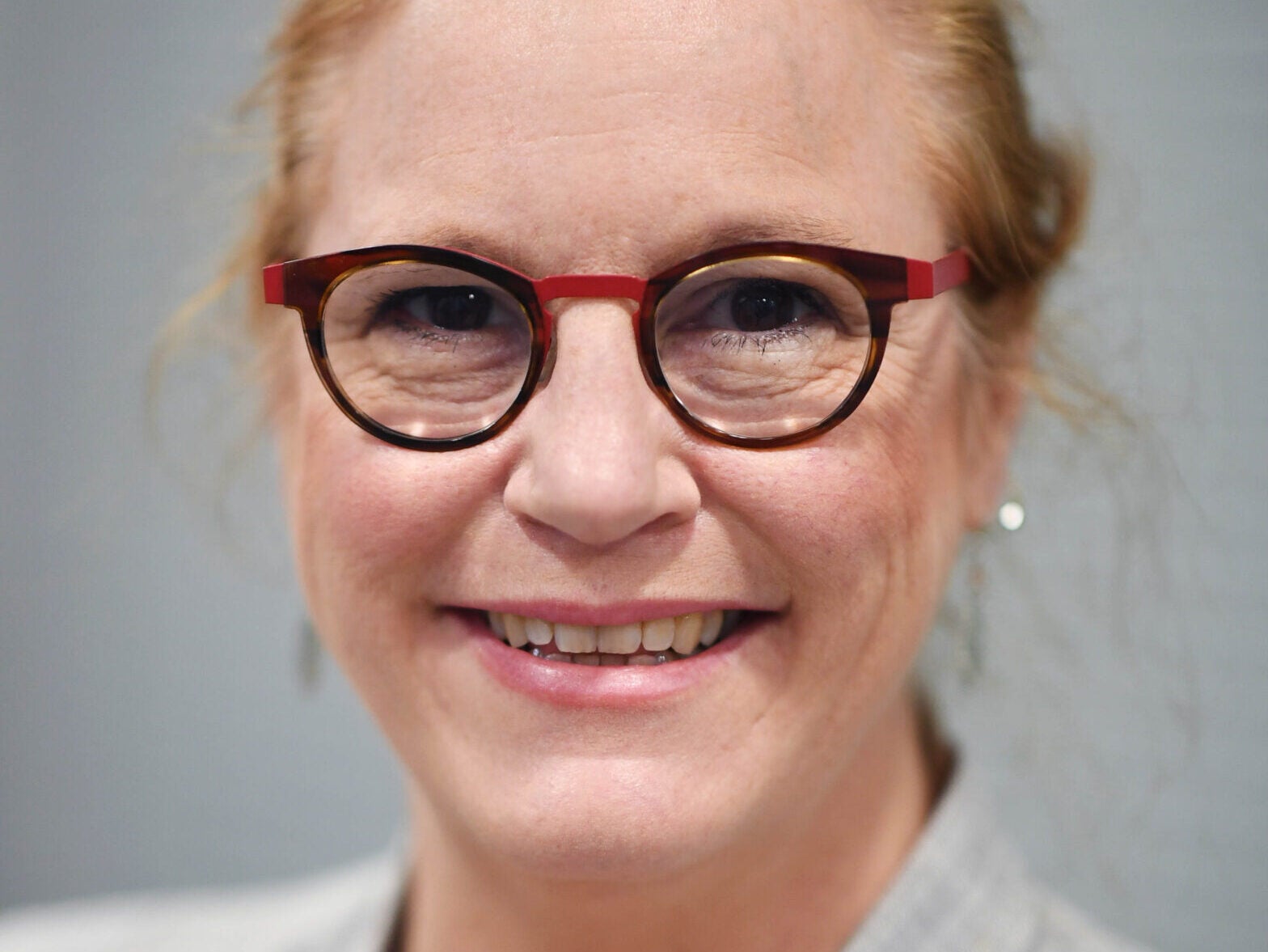
According to a survey of renal cell carcinoma (RCC) patients, as much as 46% has said that “no one” has discussed clinical trials with them. In addition, only a fraction of respondents say they were invited to participate in a clinical trial.
“Based on the survey, we can’t confirm why this is happening, but there are geographical variations which may provide some clues,” notes lead study author Dr Rachel Giles, the chair of the International Kidney Coalition (IKCC).

Discover B2B Marketing That Performs
Combine business intelligence and editorial excellence to reach engaged professionals across 36 leading media platforms.
The survey shows that in the US, only 30% of people said no one talked to them about clinical trials, Giles says. The number is greater in every other country: France (40%), Canada (48%), South Korea (51%), Japan (58%), United Kingdom (62%), and India (66%), she adds.
“We know a barrier to accessing clinical trials is that too often they aren’t where patients live and health care teams may not even mention them if they are too far away,” Giles notes. More sites, in more cities and more countries globally, would greatly open the pool for improved research, but also give more patients access to new treatments and regimes, she adds.
An overwhelming majority (90% in 2018, 70% in 2020) of patients stated that they would seriously consider joining a clinical trial if it were offered, meaning that the bottleneck is not patient accrual from the patient end of things, Giles says. Perhaps site selection allowing for more community centers would facilitate enrolment, better navigation to trial enrolment, and awareness of open trials among nursing and clinical staff should be a focus, she notes in an email.
Survey a worldwide litmus test
These results are from the second biennial Global Patient Survey on the diagnosis, management, and burden of RCC run by the IKCC. These survey received 2,012 responses from 41 countries, with trends focusing on older patients revealed at a poster session on Saturday (19 February) at this year’s ASCO Genitourinary Cancers Symposium.

US Tariffs are shifting - will you react or anticipate?
Don’t let policy changes catch you off guard. Stay proactive with real-time data and expert analysis.
By GlobalDataGiles says the IKCC has a series of decision-aid tools to support shared decision-making, including whether or not to enter a clinical trial. She adds, the IKCC embraces the motto: “First-line choice? Think clinical trial! Second-line choice? Think clinical trial! Thinking of a third-line choice or beyond? Think clinical trial!”
Patient engagement to help overcome recruitment obstacles is a key issue in the clinical trials industry. On Clinical Trials Arena, we have covered the industry’s many efforts in decentralisation on ensuring more patients can be reached.
As per the ASCO GU abstract, the IKCC survey had 35 questions on the diagnosis, management, and burden of RCC across six topics, which includes patient education, experience and awareness, access to care and clinical trials. The questions also covered best practices, quality of life and unmet psychosocial needs. The survey was conducted in 13 languages via IKCC’s 46 affiliate organisations from 29 Oct 2020 to 5 Jan 2021.
Findings from the survey include that in 42% of respondents, the likelihood of surviving cancer beyond five years was not explained. Also, only 51% of patients noted they were involved as much as they wanted to regarding developing a treatment plan. As much as 56% of patients experienced barriers to treatment.
Also, 48% have been offered a biopsy with only 3% of these patients refusing. Some 47% would be open to a biopsy in the future. A biopsy can be a key recruitment criterion in clinical trials, to confirm a patient’s diagnosis, as well as cancer type.
Older patients need more assistance
The survey also revealed age-specific trends, according to the poster. For instance, as much as 38% of patients older than 66 years old did not understand the five-year risk to recurrence, compared with 28% of patients who are between 45 and 66 years old. Further, 47% of patients in the older age group did not understand the five-year risk of mortality at diagnosis, versus younger patients.
These findings are particularly relevant in kidney cancer, where the average age of patients at diagnosis is 64 years old, particularly within the age range of 65 and 74 years old. Kidney cancer is uncommon in under 45s.
Note: The article was updated with comments and updated numbers from Dr Giles, which Clinical Trials Arena received after publication of the original version.





